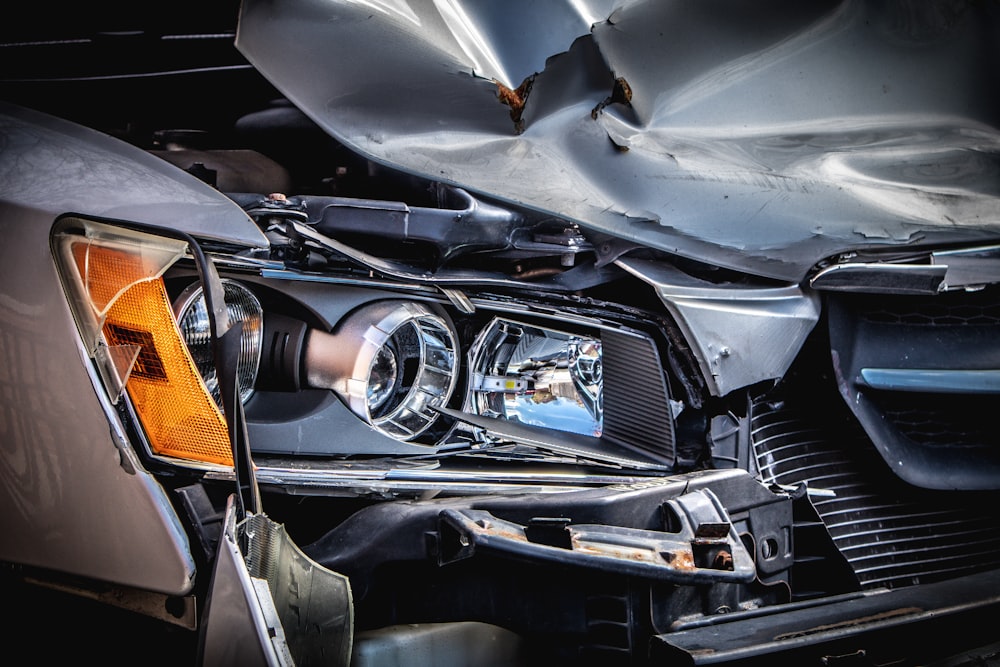Why doesn't non owner car insurance cover the car you're driving?
Non owner car insurance doesn't cover the car you're driving. Here's why not and what to do.

We get this question a lot from really responsible people. These are people who don't own a car but borrow, rent, or share cars and want to make sure they have insurance coverage when they do drive.
And at Surround we can help them with the liability part of their insurance. The non owner auto insurance policies we sell cover our customers when they are at fault for damage to cars, buildings, or belongings they hit. We also cover injuries if they are responsible for injuries to passengers, pedestrians, and cyclists. However, the damage that's covered does not include anything that happens to the vehicle they're driving. What gives?
Well, first, Surround's non owned auto policy isn't unique in this sense. Non owned car insurance almost never covers the vehicle you're driving.
Why the heck not? is a completely fair question. And while it's kind of a lot of insurance inside baseball that only an insurance enthusiast could love (we know, that's us, not you!), here are the two reasons:
Fair pricing - All insurance is priced based on what an insurance company estimates they'll pay out in claims.
For auto insurance, companies spend about 70% of the money they charge you to pay claims. We can make a pretty good guess about how much we'll pay in claims for people who don't own cars but still buy insurance and also have good driving records. That's how we set our prices.
We have no idea what kind of car you might borrow or rent, though. If you borrow your friend's 2004 Honda Accord, the maximum amount of damage you can do to the car is what it's worth. Even in this world of super high used car prices, it's not a huge number. However, you might borrow a brand new Lamborghini Urus instead. Total damage you could do, if it's fully loaded: $260,000.
So, what would a fair price be for coverage to the car you're driving? Closer to our guess of how much a crash will cost us in an Accord or a Urus? We just don't know. There's too much uncertainty for us to come up with a fair price.
Let us help you.
Good incentives - Let's say we knew that you only ever drive 2004 Honda Accords, so we could set a fair price. You buy hypothetical Accord coverage. Then your friend who owns an Accord and doesn't have collision coverage on their car crashes into a tree while you're in the passenger seat. Nobody's hurt, thank goodness. The car is not so lucky. Mangled fender, bent radiator strut, and they're out $2000.
They ask you to say you're driving, so your hypothetical Accord coverage will pay for the damage. You, of course, wouldn't say yes, but some people would. Suddenly everyone would know that guy, who's conveniently in a lot of crashes even though he doesn't have a car. But non owner auto insurance is priced assuming you drive way less than people who own a car. Because, well, statistics show that people who own cars drive more than people who don't. Sort of obviously. And so the hypothetical Accord insurance would be really underpriced because of people like that guy. And the insurance company would keep raising prices, again and again, until coverage was totally unaffordable and nobody would buy it. And that would bring a sad end to hypothetical Accord coverage.
That's why insurance follows the vehicle. When insurance companies know what kind of car a car owner is most commonly driving, they can set a fair price and be pretty close to right. And if a car owner chooses not to buy collision and comprehensive coverage, both of which protect the car itself, they're taking that risk regardless of who they may occasionally let borrow their car.
What should you do to make sure the car you're driving is covered in a crash?
Borrowed car - Ask the car owner if they have collision and comprehensive coverage. If they don't know, you may not want to get behind the wheel.
Rental car - If you use a premium credit card to pay for your car rental, you may be covered. Many cards offer Collsion Damage Waiver (CDW) as a benefit. CDW covers damage to a rental car while you're driving it. Make sure you check with your credit card company before you drive off the lot. You can also buy CDW at the car rental counter for about $20 a day.
Shared car - Even if you have rental car CDW on your credit card, it may not cover a shared car, like a Turo. You should be able to buy coverage for the vehicle (or a lower damage fee) through the sharing platform.
And that's it!
Surround makes insurance easy. Check out our detailed non owner insurance guide.
